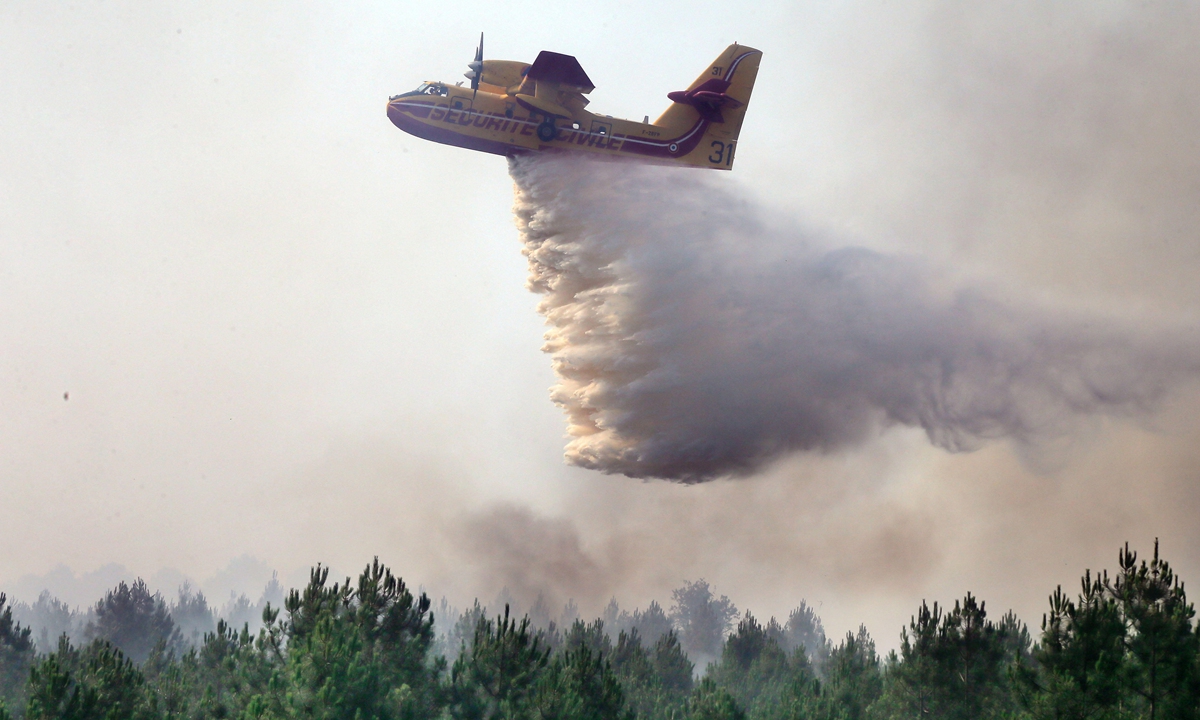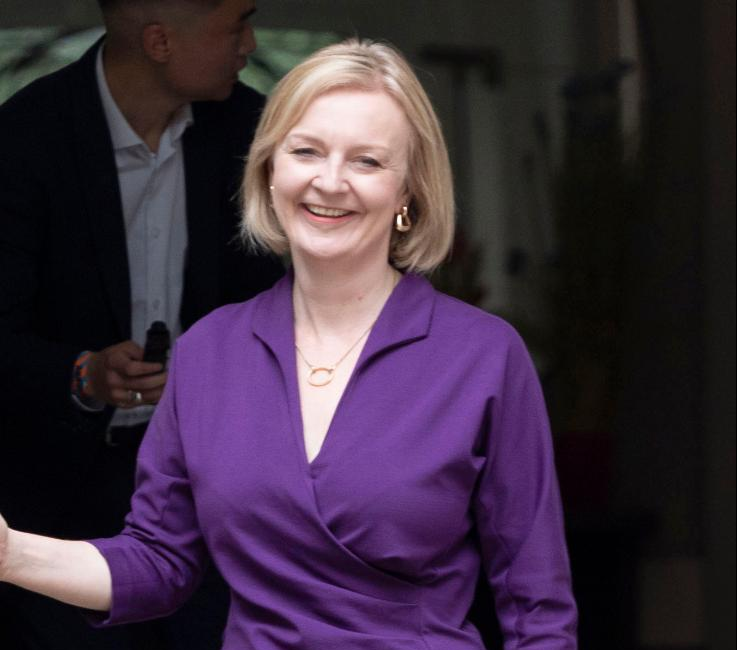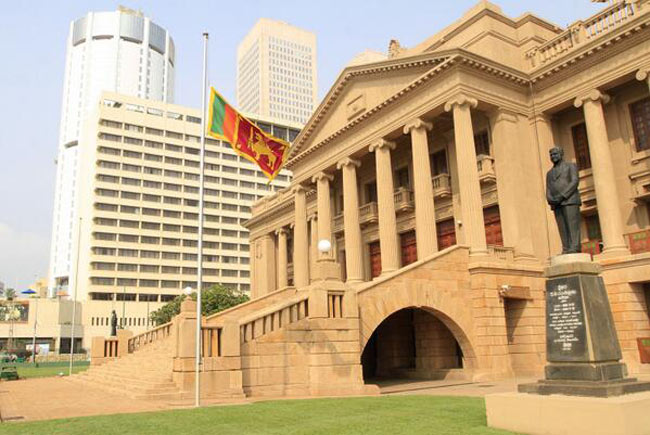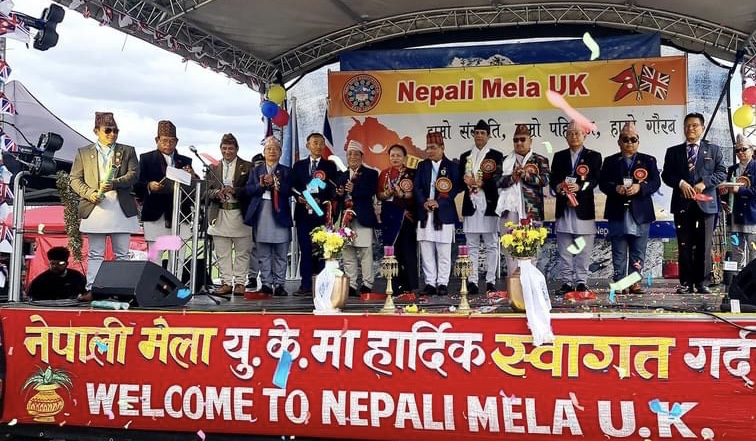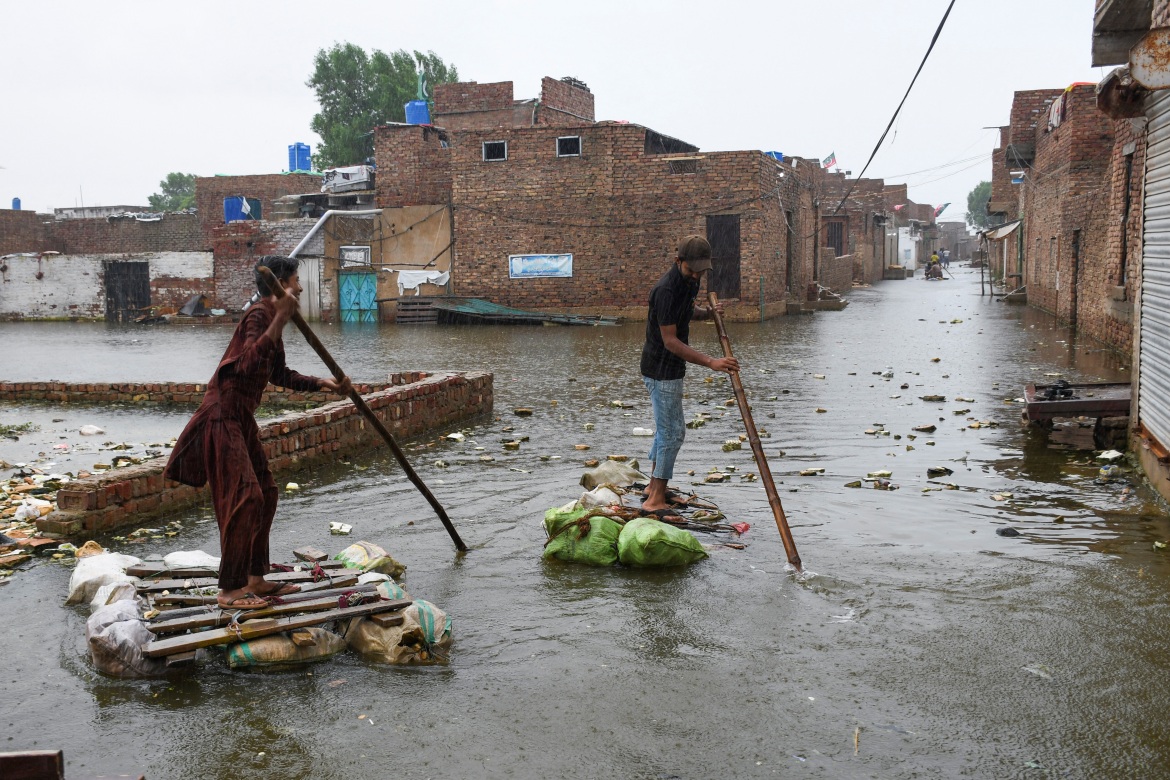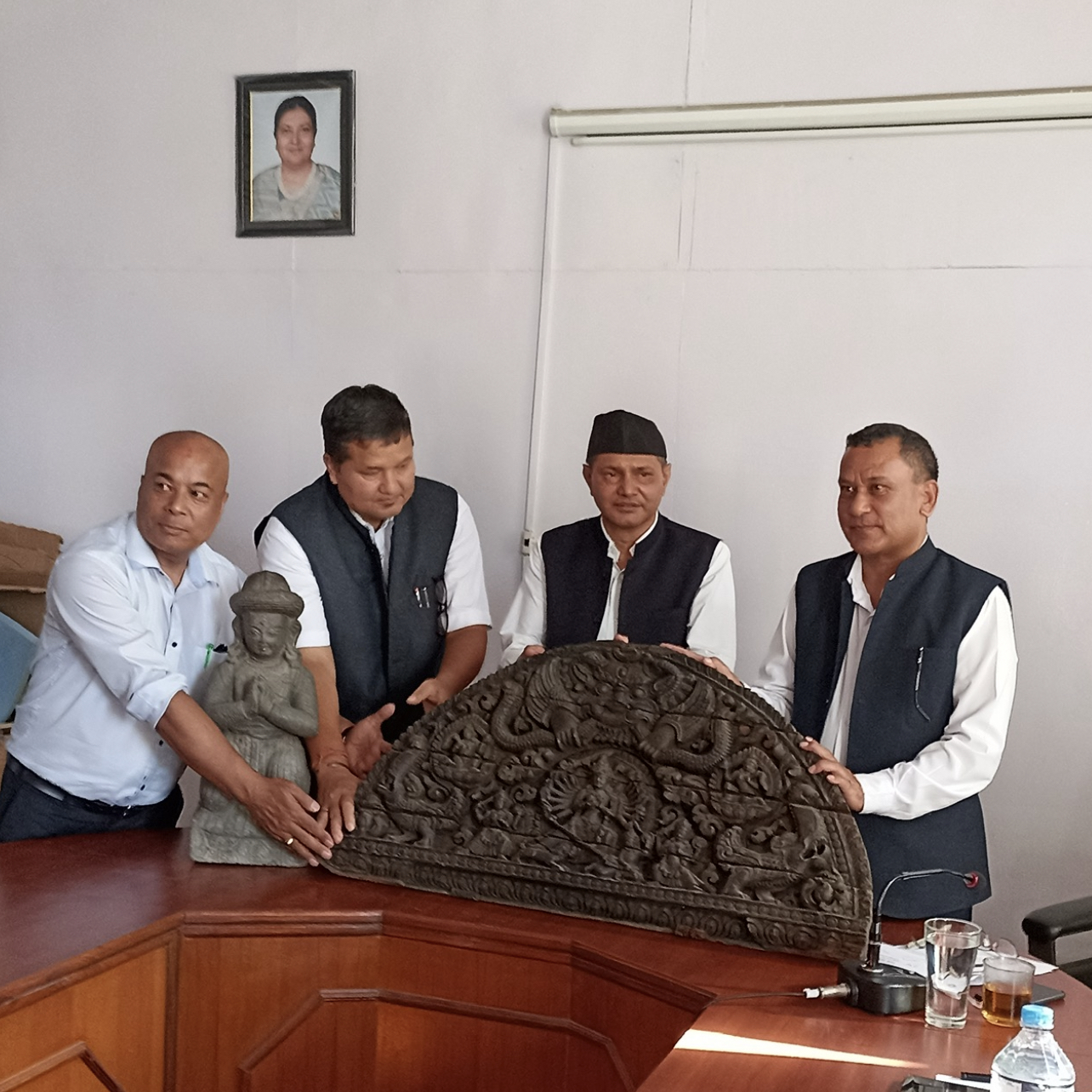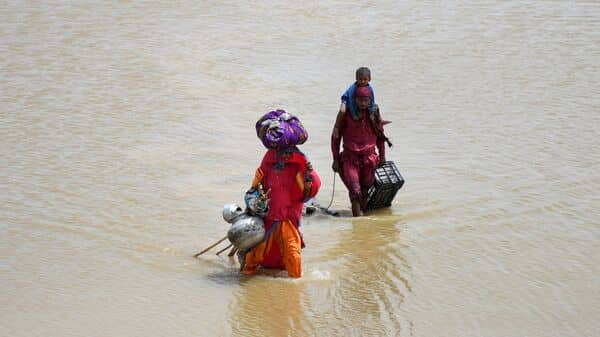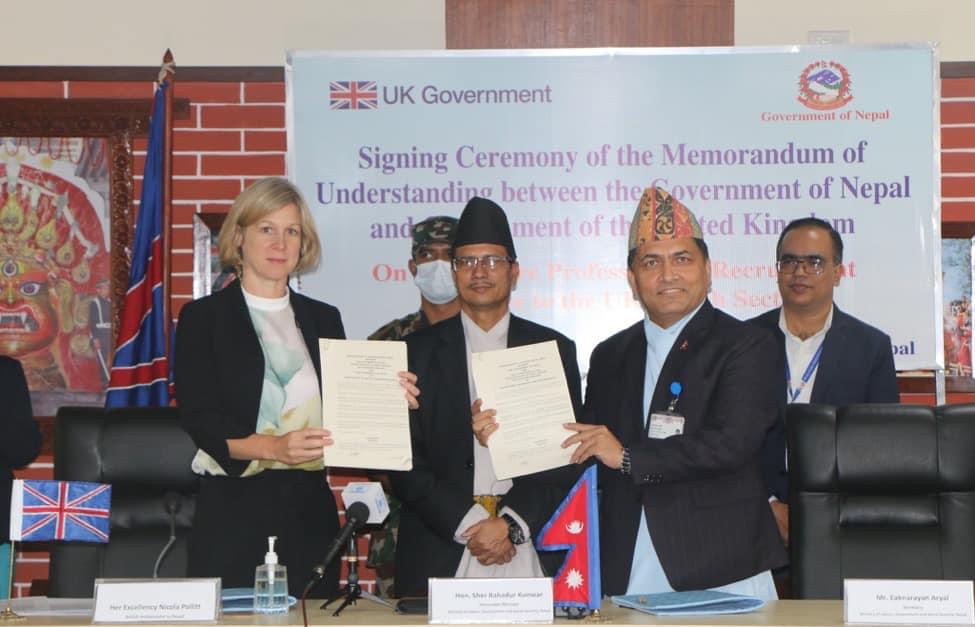UKRAINE: International investigators are prepared in the coming days to inspect Ukraine’s endangered Zaporizhzhia nuclear power plant as renewed front-line fighting was reported Saturday around the facility.
A team of experts from the U.N.’s International Atomic Energy Agency, or IAEA, is expected to visit the power station this week, according to Ukraine’s energy minister adviser Lana Zerkal. The head of the IAEA, Rafael Mariano Grossi, was quoted as saying he wants to inspect the site within days, warning of potential disaster.
Officials are concerned about the potential risk of a radioactive leak if certain sections of the massive nuclear complex are hit by weapons fire. Moscow said it supports the work of the IAEA but has refused to withdraw its soldiers from the complex to create a demilitarized zone.
Both Russia and Ukraine have accused its forces of firing artillery shells at Europe’s largest nuclear plant. The state-run energy operator Energoatom said Saturday Russian troops had “repeatedly shelled” the site over the past day.
In countering the claims, Russia’s defense ministry said Ukrainian forces “shelled the territory of the station three times” in the past day. “A total of 17 shells were fired,” the ministry said in a communique.
The Zaporizhzhia facility was seized by Russian troops in the opening weeks of the February invasion and has remained on the front line ever since. The power plant is being operated by Ukrainian workers. The operator of the plant also accused Russian soldiers of torturing workers. Moscow said it supports the work of the IAEA but is refusing to withdraw its soldiers from the plant to create a demilitarized zone.
Ukrainian President Volodymyr Zelenskyy said the situation around the Zaporizhzhia plant remains “very precarious and dangerous” after the plant resumed electricity supplies to Ukraine following an outage. The plant was disconnected from the electric grid for the first time in its history Thursday after a fire caused by shelling damaged a power line.
Zelenskyy said in his address, “Any actions by Russia that could trigger the shutdown of the reactors will once again put the station one step away from disaster.”
The plant needs power to run the reactors’ cooling system, and any extended power failure could put the plant in jeopardy of a meltdown.
The power outage at the plant heightened dread of a nuclear disaster in a country still haunted by the 1986 explosion at Chernobyl.
An engineer working under Russian occupation since March 4 at the nuclear power plant has told VOA that Russian forces have placed artillery and missile installations within and around the property of the plant.
The engineer, whose identity is being withheld for fear of retaliation by the occupying authorities, supports Ukrainian government claims that Russia itself is responsible for the explosions.
Intense battles
Meanwhile, fighting continues to rage in the south and eastern sections of Ukraine. Ukraine said its troops had repulsed Russian assaults on the towns of Bakhmut and Soledar in the eastern Donetsk region. Reports of the claims could not be independently confirmed.
The heavy fighting comes as nearly three-quarters of Donetsk’s population has been evacuated since the war started. The regional government leader, Pavlo Kyrylenko, said Ukraine retains control of about 45 percent of the region. The area has been a flashpoint in the conflict.
In other developments, Ukraine accused Russia of preparing to hold referendums in areas it occupies over whether to join Russia. Ukrainian officials have called the possible vote “a sham.” Ukraine’s security and defense council said anyone who helps to organize Russian referendums will be tried in court and could be sentenced to death.
Also on Saturday, Russia published a decree that makes it easier for Ukrainian citizens to live and work in Russia by scrapping work permits and allowing indefinite residency.
Moscow says 3.6 million Ukrainian nationals, including 587,000 children, have come to Russia since the start of the conflict six months ago.
Earlier this week the United Nations Human Rights Commission estimated more than 5,000 civilians have died and nearly 8,000 have been injured since the start of the war.
(voanews.com)




